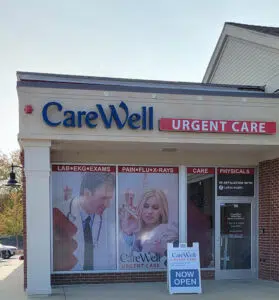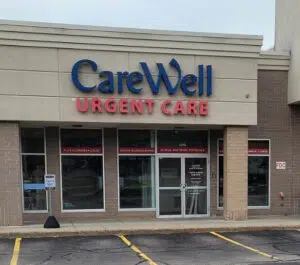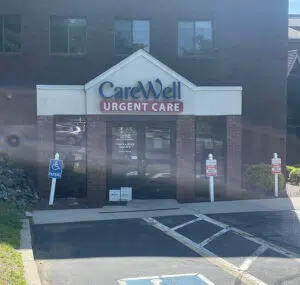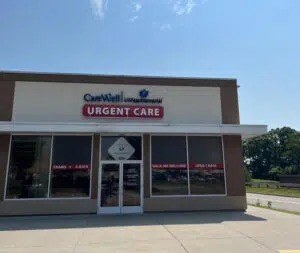Urgent Care Vaccines
Whether you need a seasonal flu shot or other vaccination, the providers and clinical staff at all CareWell Urgent Care centers are ready to help you feel at ease.
With a commitment to your well-being, our urgent care vaccine clinics offer extended hours, high-quality service, and more than a dozen accessible locations across Massachusetts and Rhode Island.
CareWell Urgent Care centers are committed to top-notch patient experiences for your immunization and healthcare needs.
Does Urgent Care Do Vaccines?
Yes. All CareWell Urgent Care centers are available for walk-in vaccinations, health screenings, and healthcare services seven days a week from 8 a.m. to 8 p.m. Please bring your current medications, any sleep study data, and medical history.
To save time, you can also save your spot in line by pre-registering before you come in. Visit our locations page, find a center nearest you, and select “Save Your Spot in Line.”
From there, you simply complete our easy pre-registration and online check-in form for your preferred location.
What Types of Vaccines Can I Get at CareWell Urgent Care?
Our vaccine clinics are available for people of any age, so you can get your whole family vaccinated on the same day. We offer the following vaccines
- Flu
- TD (Tetanus vaccine) *only available for individuals aged seven and up
- Tdap (tetanus, diphtheria, and pertussis)
- Hep B (3 dose series)
We also provide skin tests for tuberculosis. Ask us about Tuberculin (PPD) placement and reading.
Accessible Walk-In Vaccines for All Ages
CareWell Urgent Care is your trusted partner for FDA-approved vaccinations.
Our walk-in clinics are available every day of the week, including weekends, helping you protect the health and well-being of your entire family.
Our clinical staff is led by experienced providers to ensure you receive the expert care and guidance you deserve.
Moreover, our centers adhere to rigorous cleanliness and safety standards, providing added peace of mind during your visit.
Visit our urgent care locations in Massachusetts and Rhode Island for safe and effective vaccines today. Please complete our pre-registration form to save time and your spot in line.













